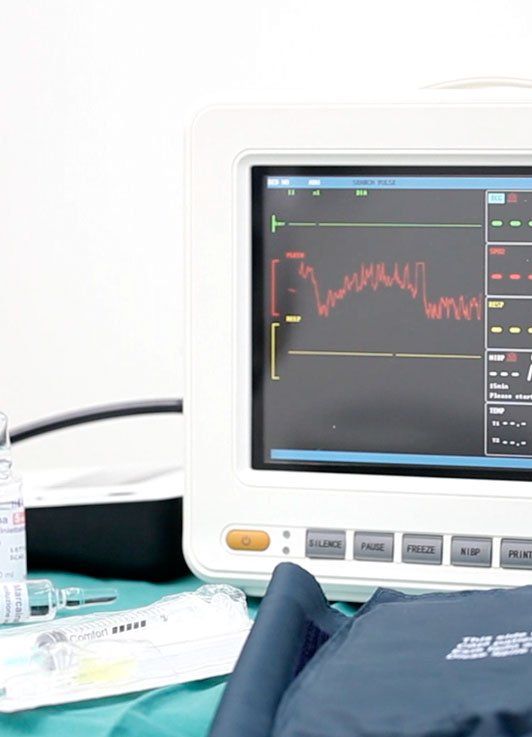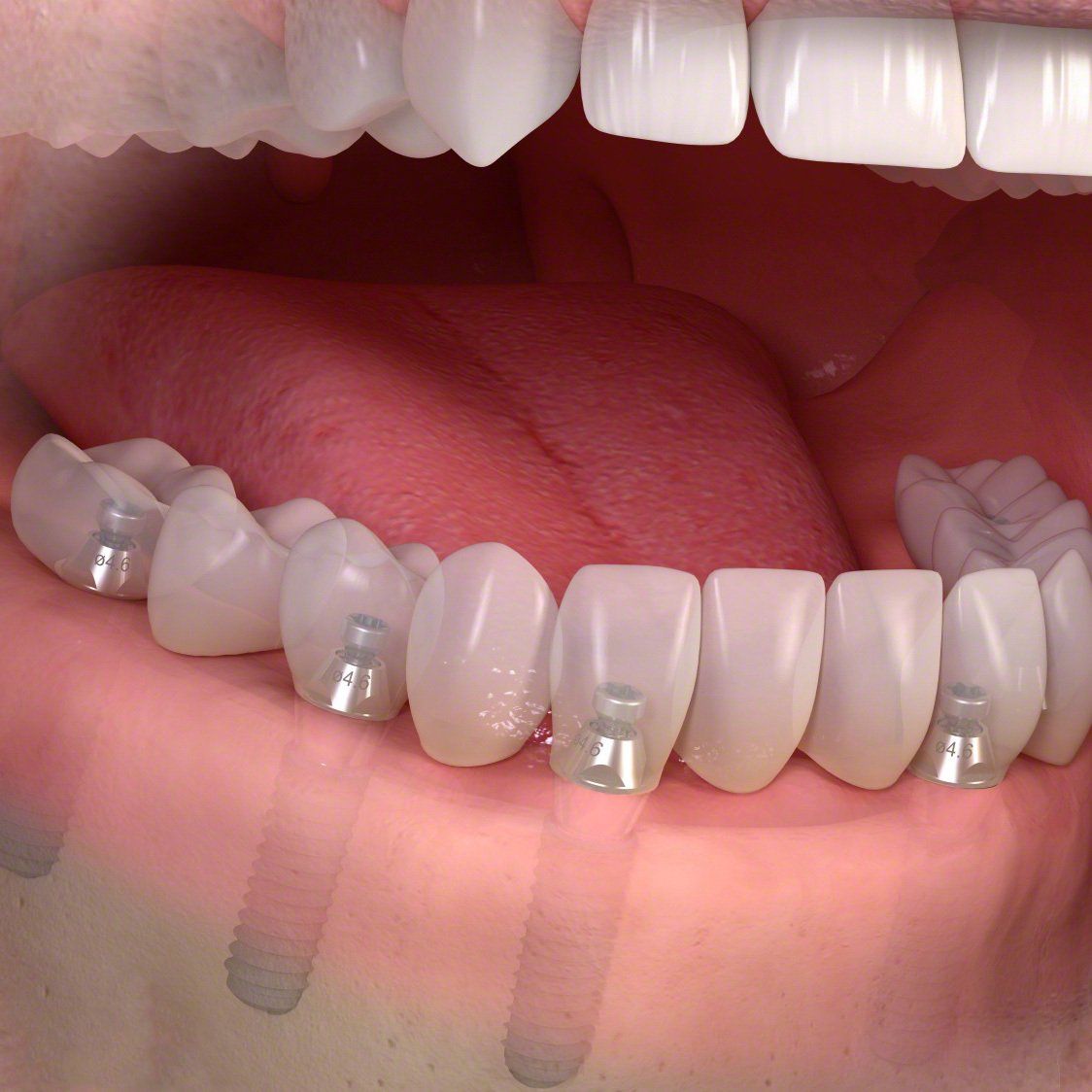Dental services
01
Diagnosis and intervention plan
Doctors trained to make a correct diagnosis.
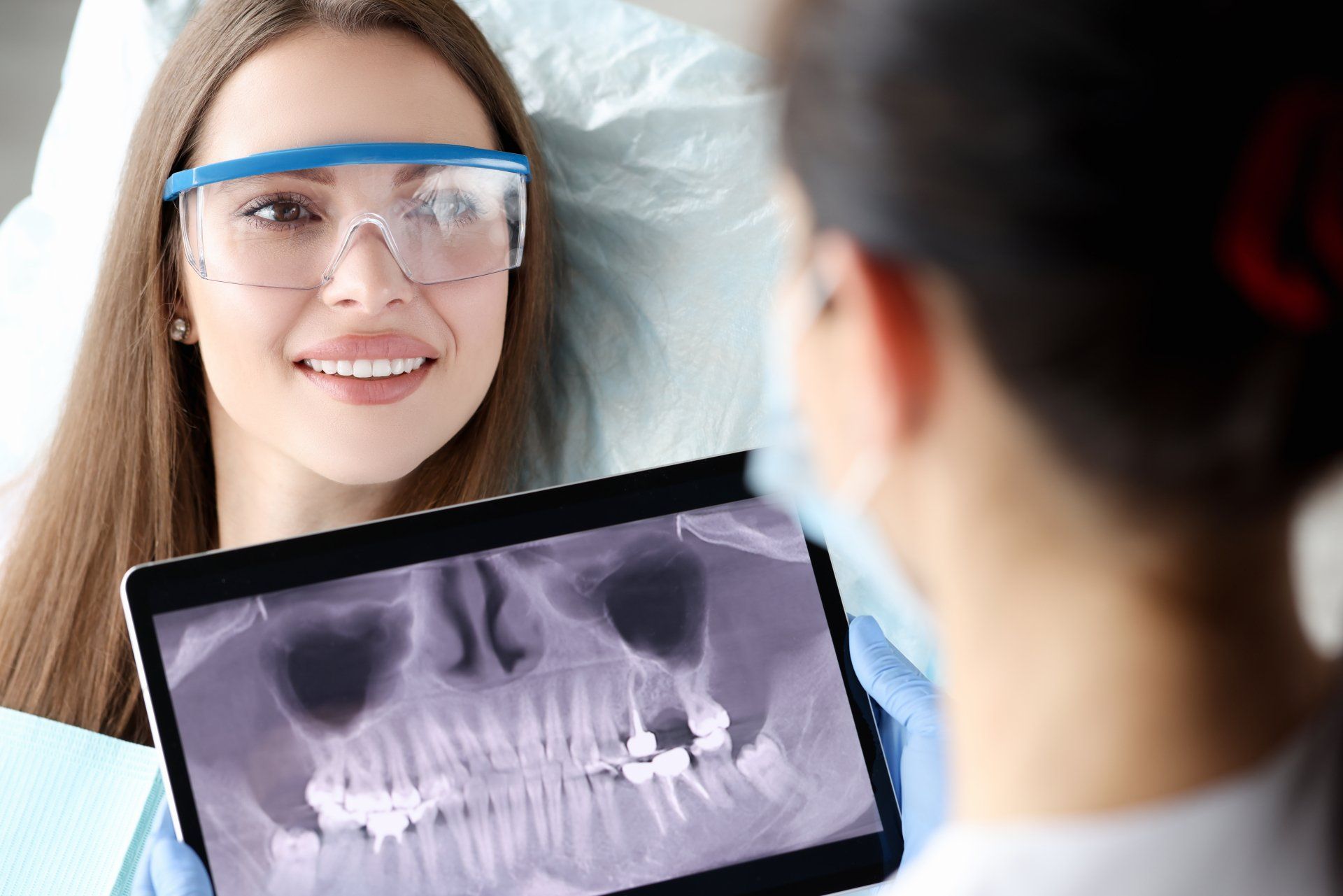
The longevity of a dental procedure and the resulting well-being of the patient are linked to a correct diagnosis and a correct treatment plan.
Diagnosis is the first and most important step. It allows us to immediately develop a treatment plan that meets the patient's expectations. In complex cases, a comprehensive treatment program involving multiple professionals is often necessary.
We deeply believe in the need for a comprehensive, multidisciplinary diagnosis, so much so that we have created a diagnostic team.
02
Prevention
and oral hygiene
Cleaning and removal of plaque and tartar
In dentistry, the motto "prevention is better than cure" is appropriately used.
Removing plaque and tartar is the best way to avoid tooth and gum disease.
Daily oral hygiene is essential, but in some cases, bacteria hide in recesses that are inaccessible with regular home cleaning. This requires the intervention of a dental hygienist, who, using appropriate manual or electronic instruments, can reach the deepest areas and treat periodontitis with non-surgical treatment.
The Dental Hygienist deals with:
Educate and instruct patients on proper home hygiene procedures. In particular, the correct use of toothbrushes, dental floss, interdental brushes, and mouthwashes. There is an effective toothbrushing technique that the Dental Hygienist will instruct the patient on with a direct demonstration in the dental chair.
Remove the causative factors of periodontitis, such as: tartar, bacterial plaque, infected root cementum through root planing.
Maintenance of achieved objectives.
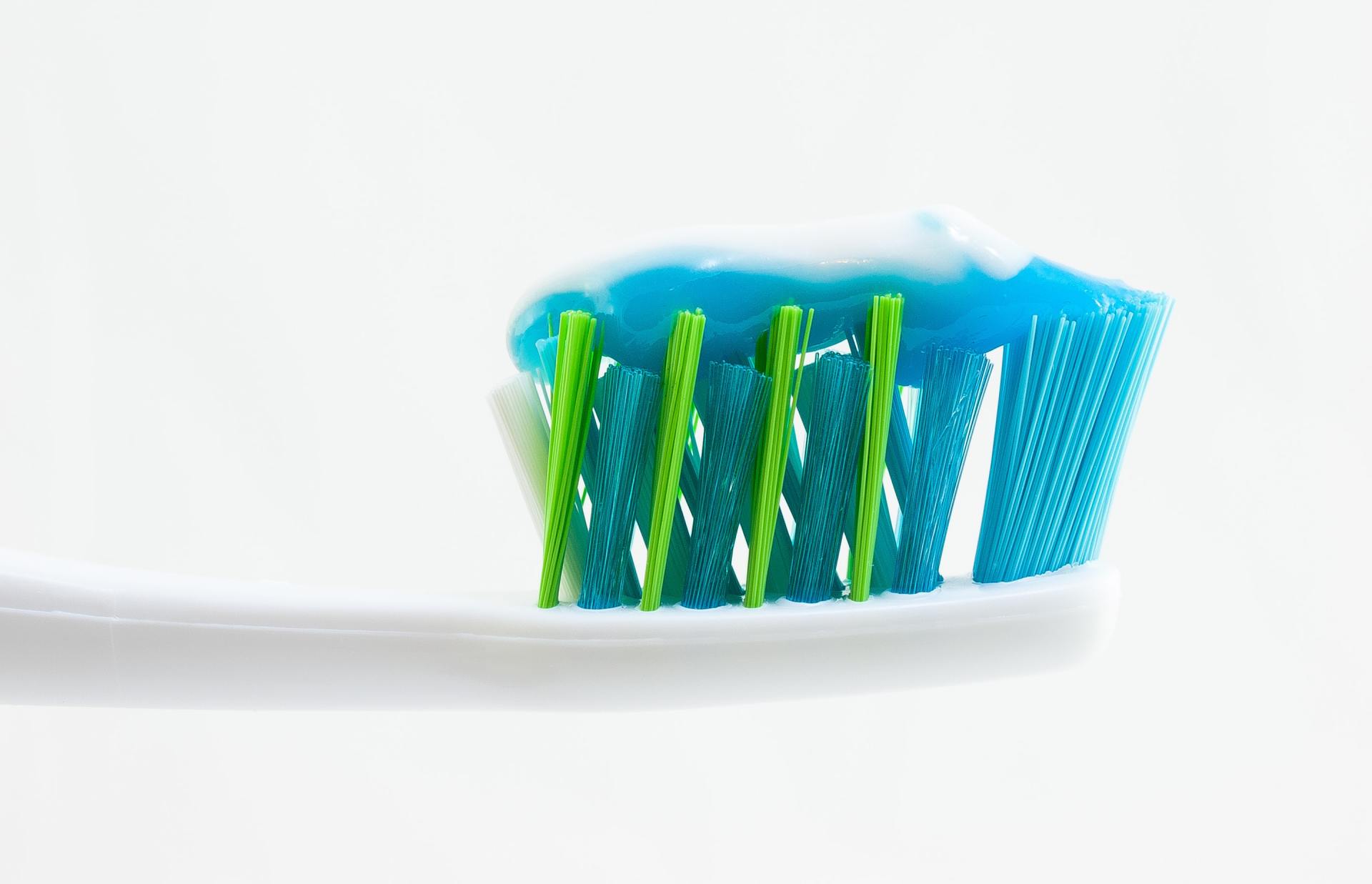
WHITENING TREATMENT
Our smile is our calling card. It's the first thing others see about us and what they will unconsciously judge. That's why a bright, symmetrical smile is the secret to moving with ease through social life.
Teeth whitening is a highly requested procedure. At the Dental Clinic, we meet the growing aesthetic needs with cutting-edge technology and equipment operated by highly qualified staff.
03
Conservative: resolution of caries
Aesthetic fillings
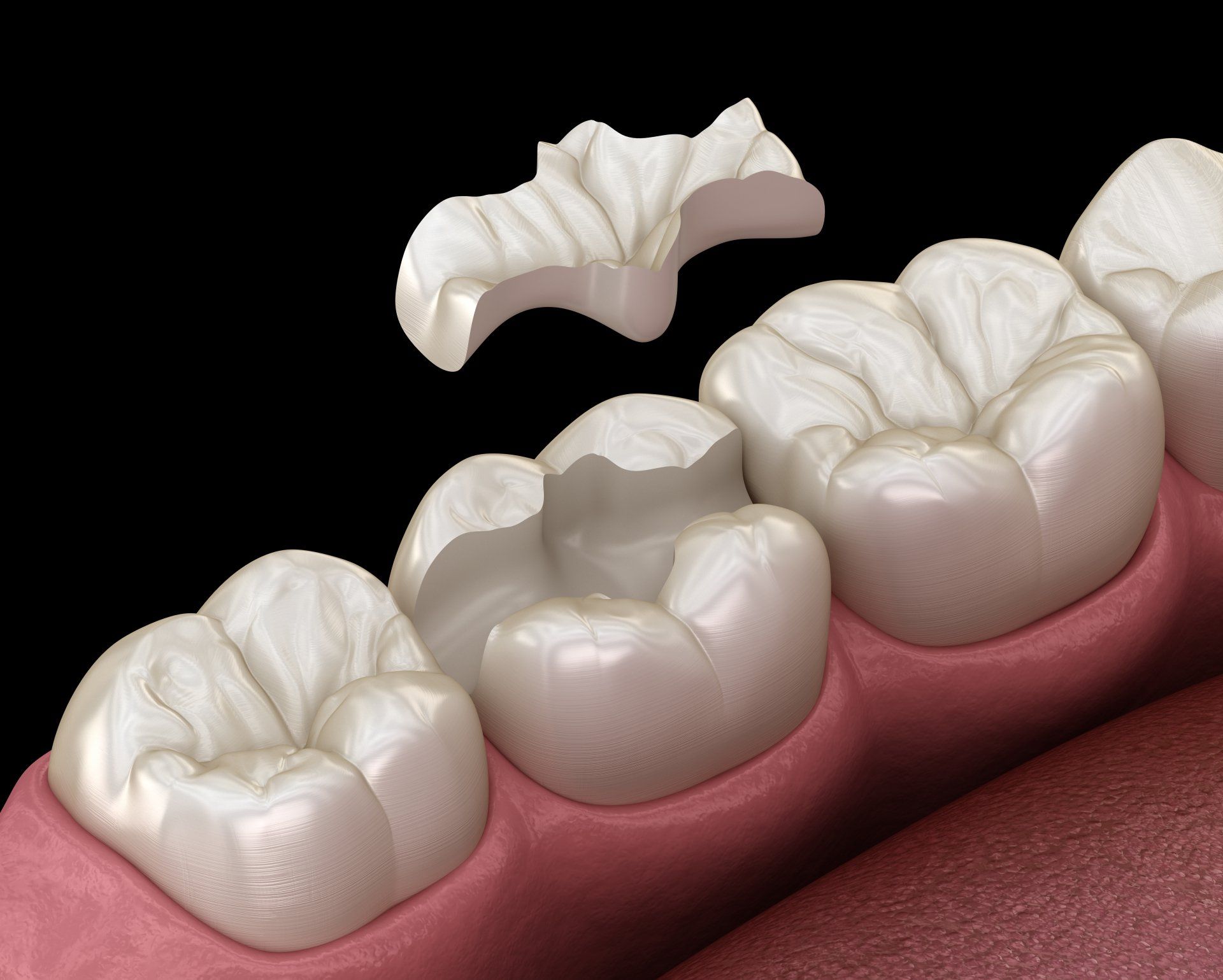
Tooth decay still represents one of the most common human diseases today.
The best way to prevent tooth decay is to have regular checkups. Intervening when the damage is minimal is essential to prevent further damage.
In conservative dentistry, the treatment of a decayed or fractured tooth is carried out using:
composite material reconstructions that are particularly aesthetic and natural;
reconstruction with inlays, very aesthetic, resistant and long-lasting.
In the Dental Clinic we do not use mercury and silver amalgam as a reconstruction material.
04
Endodontics
Treatment of dental pulp diseases
When decay goes beyond the enamel and dentin, it reaches the tooth pulp and causes inflammation, which is sometimes very painful.
Endodontics, root canal treatment, and devitalization are synonyms that mean the same treatment: emptying, cleaning, disinfecting, shaping, and sealing the inside of the tooth.
Root canal treatment or devitalization is necessary in cases of:
acute pulpitis (very painful);
chronic pulpitis (granuloma or cyst);
prosthetic needs;
A root canal treated chewing tooth (molars or premolars) must always be protected with a prosthetic reconstruction (inlay or crown).
Correct endodontics guarantees the long-lasting durability of prosthetic work on the same teeth.
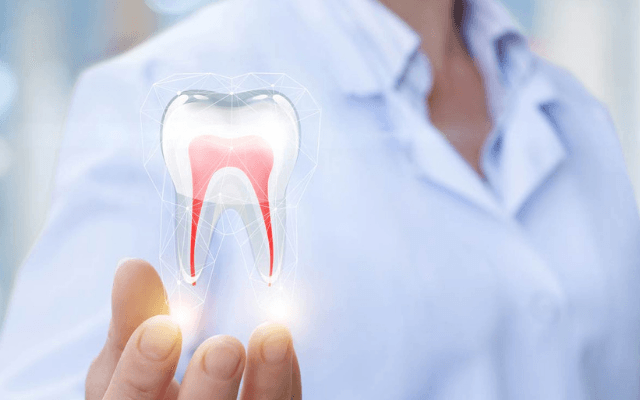
05
Implantology
Replacement of missing teeth
TRADITIONAL IMPLANTOLOGY
For over 20 years, Clinica Dentale has been specializing in implantology. Today, it's possible to place permanent teeth even where they've been missing for some time. Where the bone base is insufficient, bone grafting can be performed to create the most favorable conditions for implant placement, restoring proper chewing.
This procedure allows for the preservation of natural teeth adjacent to missing ones, preventing their shifting. Furthermore, the insertion of fixed teeth prevents bone resorption.
IMMEDIATE LOADING IMPLANTOLOGY: TEETH WITHIN 48 HOURS
Immediate-load implantology is a safe and now routine procedure. Its success is guaranteed by carefully selecting materials tested in leading international laboratories and validated by clinical trials conducted at the world's most advanced research centers.
The problem of "rejection" has now been overcome with the use of biocompatible materials.
06
Orthodontics
teeth alignment
Orthodontics deals with the correction of skeletal or dental malocclusions.
Misaligned teeth, in the presence of properly developed jaws (maxilla and mandible), can be repositioned simply with orthodontic appliances, while skeletal-related occlusions, during developmental age, can be treated with functional or orthopedic appliances. In adults, skeletal malocclusions can be corrected with orthognathic surgery.
INTERCEPTIVE ORTHODONTICS
It intercepts and corrects skeletal and dental malocclusions before the dentition is complete (before 12 years of age).
FIXED ORTHODONTICS
Corrects malocclusions when the teeth are permanent. Fixed vestibular appliances (metal or ceramic) or fixed lingual appliances can be used. After the fixed appliance, a fixed or removable retainer is almost always used to stabilize the result and prevent unwanted tooth shifts.
INVISIBLE ORTHODONTICS
You can use removable clear aligners, with the advantage of being able to eat and brush your teeth without braces, or fixed braces positioned on the inside of the teeth that are completely invisible.
FUNCTIONAL ORTHODONTICS
It deals with correcting the functions related to the mouth, through specific removable devices: Planas and Multifunctional Aligners of Dentosofia.
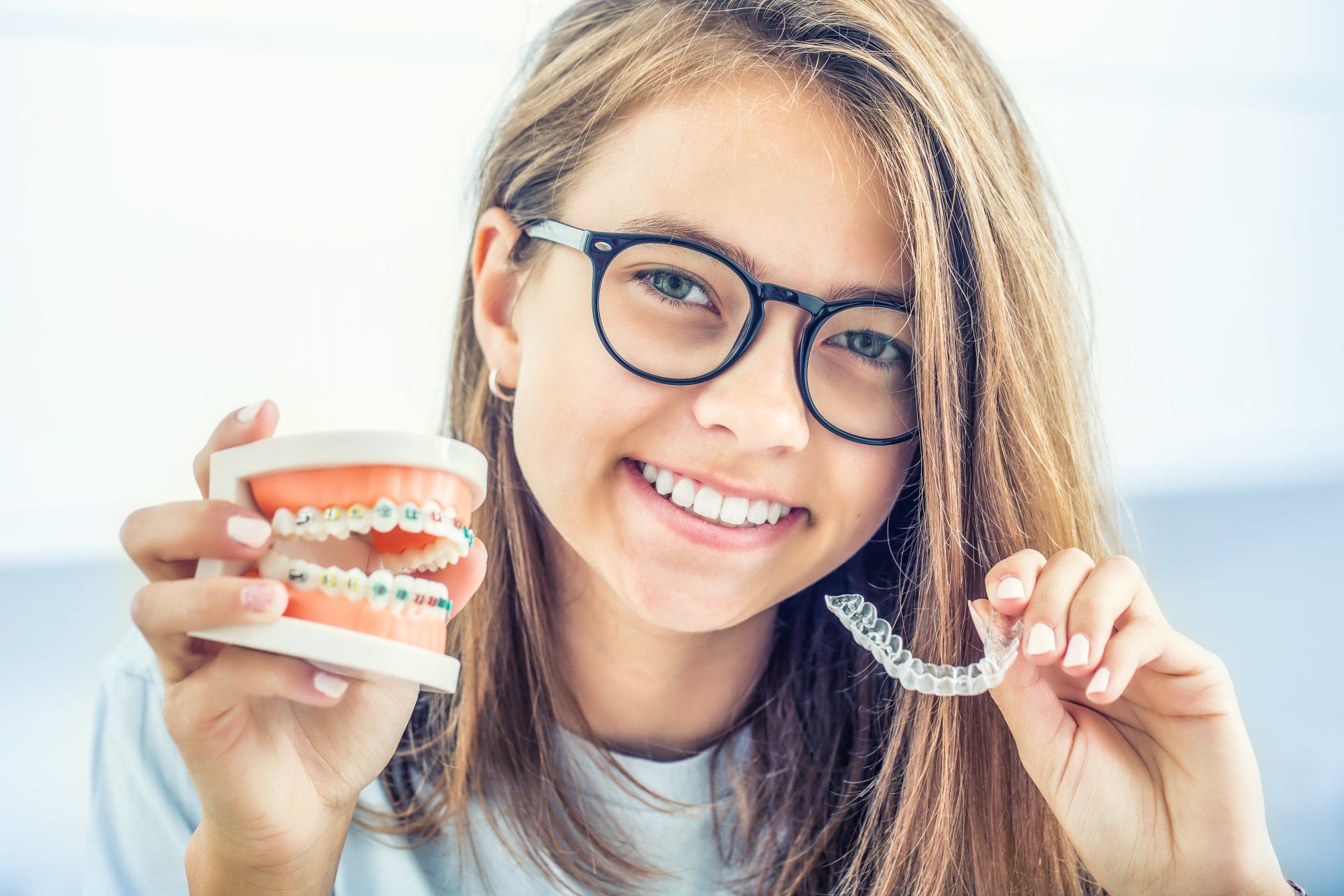
PRE-PROSTHETIC ORTHODONTICS
The loss of teeth almost always causes the adjacent or opposing teeth to shift. Orthodontics, in this case, intervenes to realign the remaining teeth before applying fixed prosthetics to natural teeth or implants.
PRE- AND POST-SURGICAL ORTHODONTICS
It decompensates the dental arches from the natural occlusal adjustments that malocclusion itself creates, before scheduling orthodontic surgery. In other cases, it is used to extrude teeth that have remained impacted in the bone. After surgery, it refines the position of the teeth.
07
Gnatology
Rehabilitation of chewing function
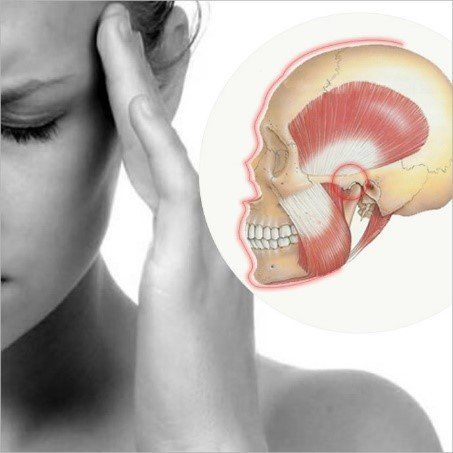
Headaches, neck pain, dizziness, and tingling in the hands are annoying symptoms that can be caused by temporomandibular joint dysfunction, which is the subject of Gnathology.
While orthopedics deals with the care of the bones and skeletal joints of various body districts, Gnathology deals with the bones of the masticatory system (mandible, temporal bone, maxilla, hyoid bone, etc.) and the temporomandibular joint.
Gnathology deals with dental occlusion with reference to Posturology: the branch that studies the relationships between joints and muscles in standing and walking.
A malocclusion can negatively influence posture (descending pathology), just as an incorrect posture can maintain a malocclusion (ascending pathology).
Postural muscle activity is influenced by other factors (nutrition, psyche, structure). Today, through a reliable and non-invasive technique like Holistic Medical Kinesiology, it is possible to investigate the root cause of postural problems, subsequently determining effective therapy.
08
Prosthesis
Restoring missing teeth
Missing teeth can be restored using natural teeth or artificial implants as abutments.
Fixed prostheses replace teeth in a stable and definitive manner.
Mobile prosthetics manufactures removable prosthetic devices.
Mixed prostheses can be made with dental anchors and saddles that can be removed to allow for cleaning and hygiene.
All prosthetic products are made by the best certified Italian dental laboratories, which guarantee the maximum reliability and quality of the materials used.
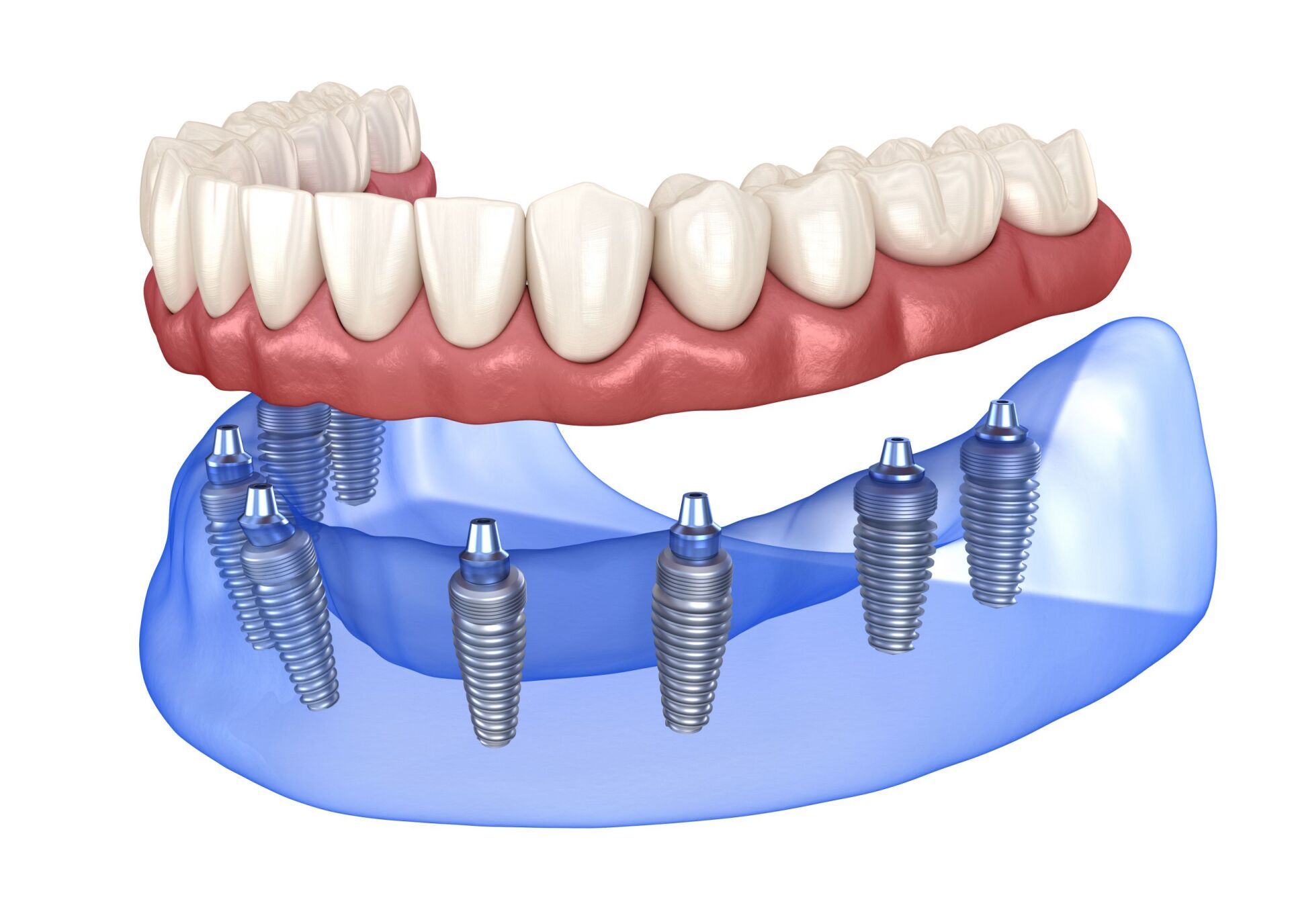
09
Periodontology
Repair of the tooth's supporting tissues
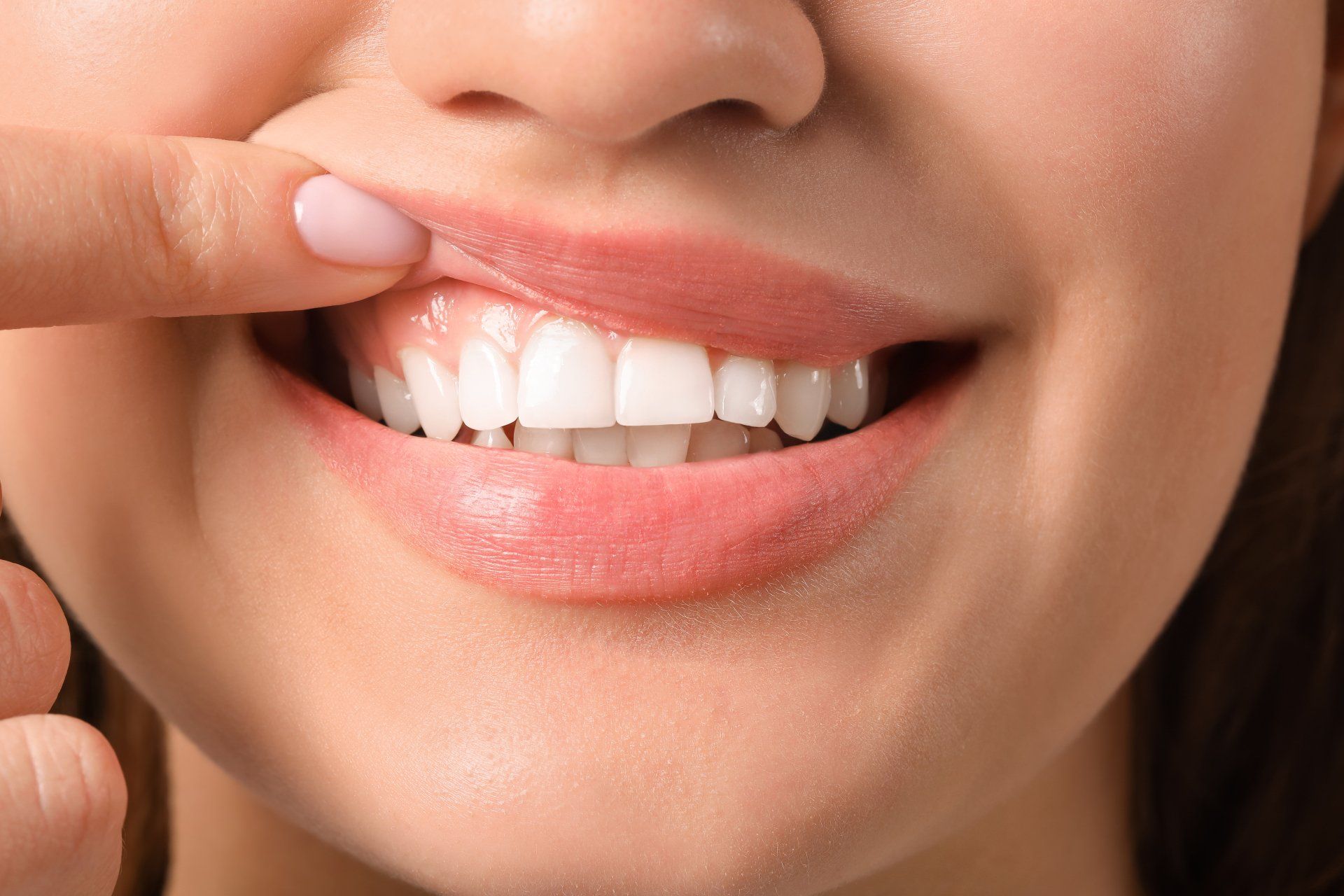
Exposed roots and tooth sensitivity are common and unsightly discomforts. Among the many causes of gum disease are: incorrect toothbrushing, abrasive toothpastes, traumatic dental occlusion, tooth erosion, and, above all, inflammation caused by bacterial plaque.
To resolve these situations, it is necessary to address the underlying cause and, as a corrective therapy, cover the sensitive areas with gum grafts taken from the palate from the patient's own donor sites.
Acting promptly and following a maintenance plan ensures a favorable prognosis for our teeth.
10
Pedodontics
Children's dental care
She specializes in the oral health of children and adolescents. Her primary goal is to eliminate dental anxiety. Indeed, training patients from an early age to undergo regular checkups and any treatments without fear predisposes them to a less anxious attitude toward the dentist, fostering a motivated attitude toward prevention.
Every child is unique and requires a personalized approach. There are many ways to put the young patient at ease. The operator's approach is crucial, requiring patience and calmness in their work. The fun and playful approach, provided by dedicated, qualified staff, is invaluable at the Dental Clinic. Finally, conscious sedation with nitrous oxide often resolves the most difficult cases.
Anxiety, fear and stress are eliminated to make room for a pleasant and fun experience.
The Pedodontic Team is available to parents to inform them about proper nutrition and to correct any bad habits, such as pacifier, thumb, or bottle sucking.
During scheduled periodic visits, the pediatric dentist will check whether the children's dentoskeletal growth is proceeding physiologically or whether an orthodontic consultation is necessary.
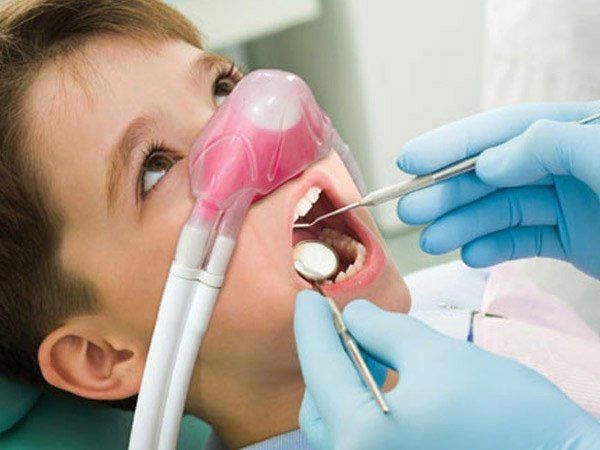
11
Conscious sedation
Eliminating anxiety during dental treatments
